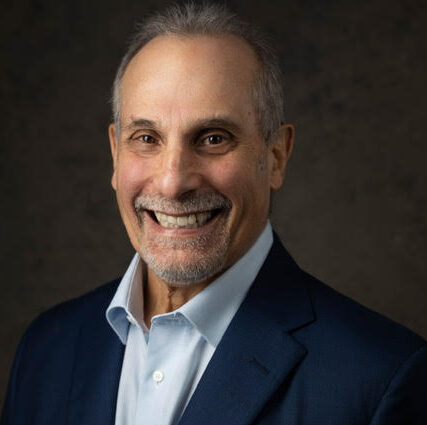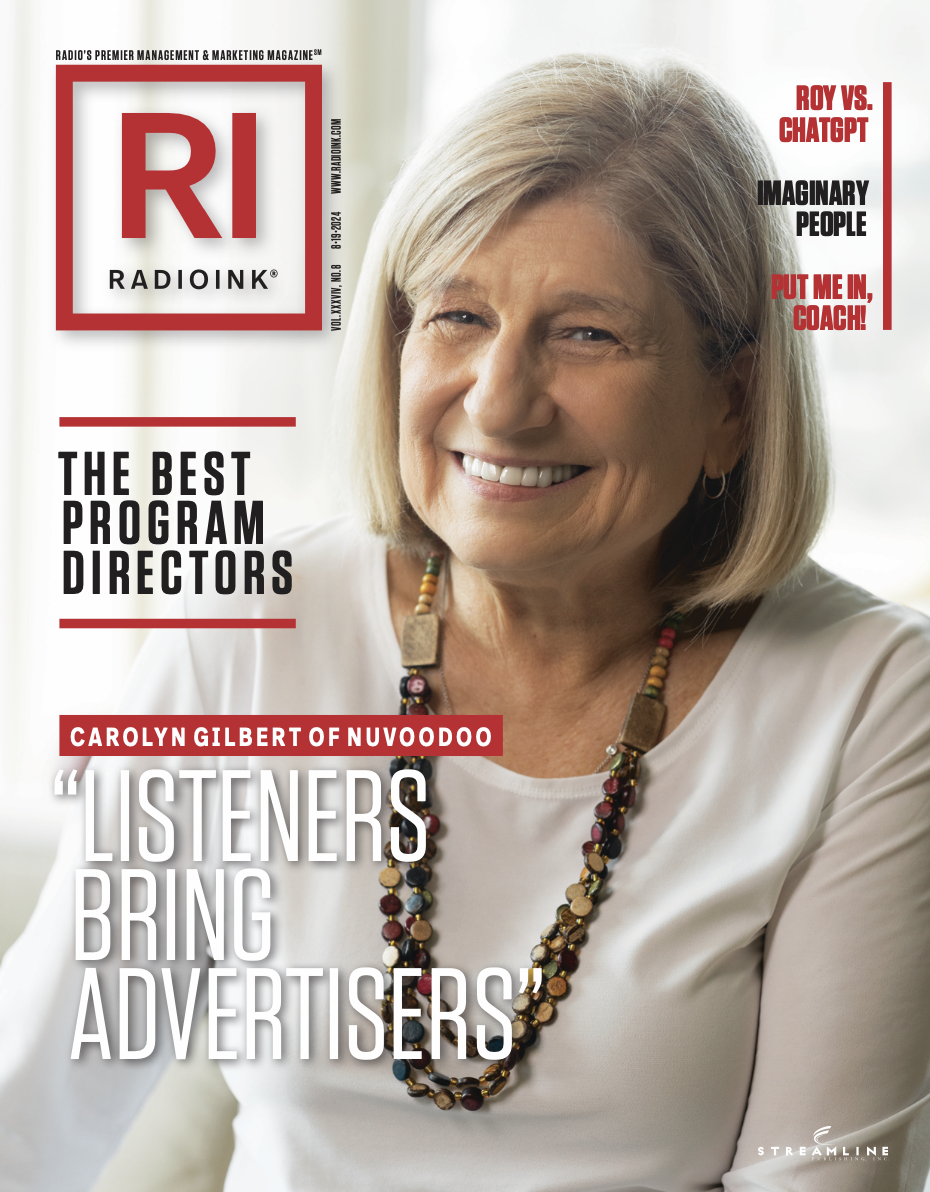
(By John Shomby) He had the honor and pressure of being the head coach of the gold-medal-winning USA Olympic Basketball team in the 2024 Paris Olympic Games. With some of the NBA’s best-ever talent, even he said that USA fans would have been “ashamed” of the team had they won a silver medal. That’s pressure!
What type of person does it take to handle that and lead a group of elite superstars? NBA and USA Men’s Olympic Basketball Coach Steve Kerr.
He’s someone I’ve long admired and followed because of his genuine philosophy of leadership, but a friend sent me a video from Mental Coach/Mentor Zach Brandon interviewing Coach Kerr that has taken my admiration to another level.
The subject of the interview was about how Coach Kerr developed his coaching system. The story begins with him seeking out counsel from one of the best coaches/leaders in football: Seattle Seahawks Head Coach Pete Carroll. He started by asking Coach Kerr three questions:
- How are you going to coach your team? (And that’s nothing to do with X’s and O’s.)
- What will your players feel when they walk into the building? (This is “Culture.”)
- What will the vibe be each day?
Coach Carroll tells how HE learned about coaching and culture from NFL Hall of Fame Coach Bill Walsh. Coach Walsh offered HIS three questions to ask:
- Who are you?
- What are the values that make you who you are?
- How do you make those values come alive and not just be “words on a wall”?
This tells you, for sure, that leadership is NOT a “one size fits all” proposition. It comes from the individual’s heart and soul. Your style is your style and no one else’s. For Steve Kerr, out of those three questions came the four values for his team to follow:
- Competitiveness
- Mindfulness
- Compassion
- Joy
His description of “joy” was particularly interesting. He knew that joy had to be evident every day, so he looked for players and staff with a sense of humor who could laugh at themselves along with creative people who could make practice fun. He wished for players and staff to come into a place they really wanted to be.
This is not just about coaching athletes. This is about leading an entire staff, a sales staff, or an air staff. Substitute Market Manager, Director of Sales, or Program Director for “coach.”
Ask the following questions before taking a new leadership position. Ask these questions even while in your current position to ensure you are being the best manager you can be.
- Who are you? – This goes beyond your position or even your standing in the industry. What gets you up and going each day? What’s your passion?
- What are the values that make you who you are? What makes you “tick”? For me, it’s been integrity, competitiveness, compassion, and trust. (Although, I’m liking this “joy” thing a lot!) What are yours?
- How do those values come alive? Lead by example? Communication? Trust? Recognition?
Look at the success of Steve Kerr. Four NBA championships, a streak of five consecutive NBA Finals appearances, the NBA’s single-season mark for wins, the NBA’s best single-season playoff record, and now leading the US Men’s Olympic Basketball team to a gold medal.
More importantly, he is often credited with his ability to connect with players on a personal level. His open and honest communication style fosters a positive and supportive team culture. Players admire his competitive drive and ability to get the most out of his teams because he treats his team with respect.
Not a bad person to emulate. Regardless, you be YOU and build a staff and culture that becomes a magnet for aspiring broadcasters.
Steve Kerr offers a 3-minute masterclass on leadership and culture building.#MVPMind pic.twitter.com/evinrFmvWl
— Zach Brandon (@MVP_Mindset) July 30, 2024
Based in Nashville, TN, John Shomby is the owner and CEO of Country’s Radio Coach. He is focused on coaching and mentoring artists, radio programmers, and on-air talent to help them grow and develop inside the radio station and the industry. Reach John at [email protected] and 757-323-1460. Read John’s Radio Ink archives here.






